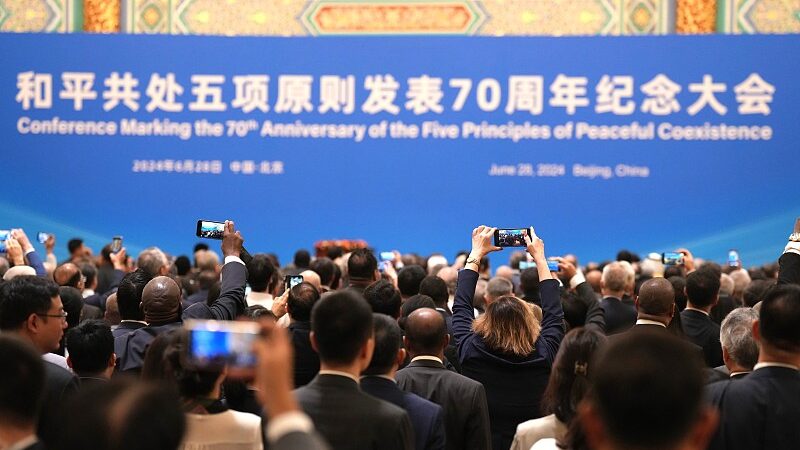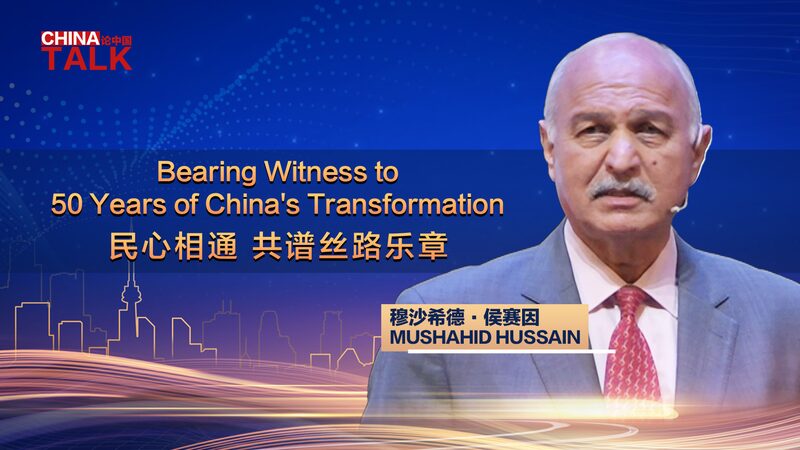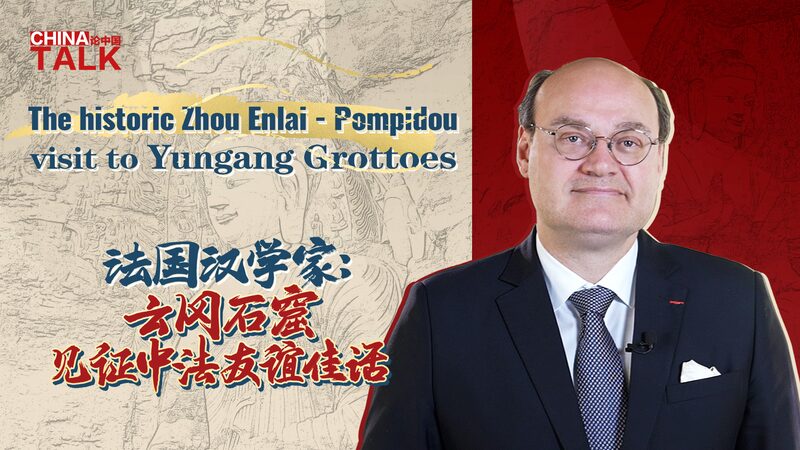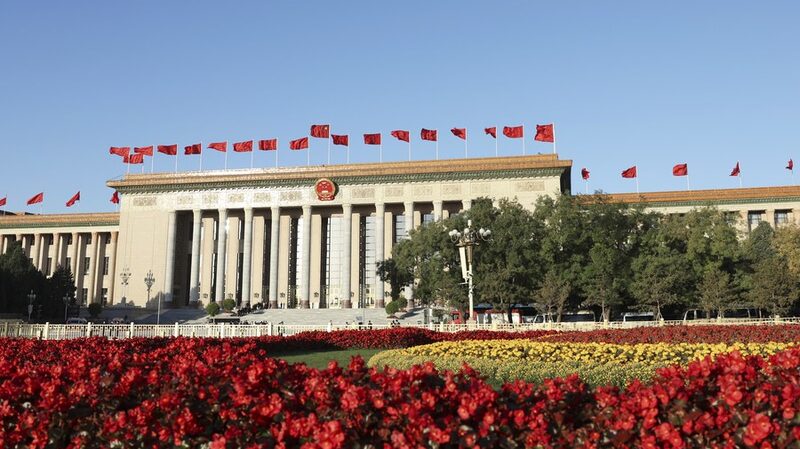As global tensions rise and power dynamics shift, a 70-year-old diplomatic framework—born from ancient Chinese wisdom—is getting fresh attention. 🌍✨ The Five Principles of Peaceful Coexistence, championed by former Chinese Premier Zhou Enlai during the Cold War, stressed mutual respect, non-interference, and peaceful conflict resolution between nations, regardless of size or strength.
💡 "These principles aren't relics," says Pakistani analyst Mushahid Hussain Sayed, who received China's Five Principles Friendship Award in 2015. "They're about fairness in a world still grappling with inequality."
The 1955 Bandung Conference saw 29 Asian and African nations rally behind Zhou's vision, planting early seeds for today's Global South solidarity. Fast-forward to 2024: President Xi Jinping's call for a "multipolar world" echoes these ideals as tech rivalry and strategic competition redefine US-China relations.
⚖️ While Western-led unipolar dominance wanes, China's rise spotlights alternatives to force-based diplomacy. Could Zhou's 20th-century principles hold keys to 21st-century peace? Analysts say their focus on equality over hegemony resonates with younger generations demanding fairer global systems.
Reference(s):
Five Principles of Peaceful Coexistence: Bedrock of just global order
cgtn.com





